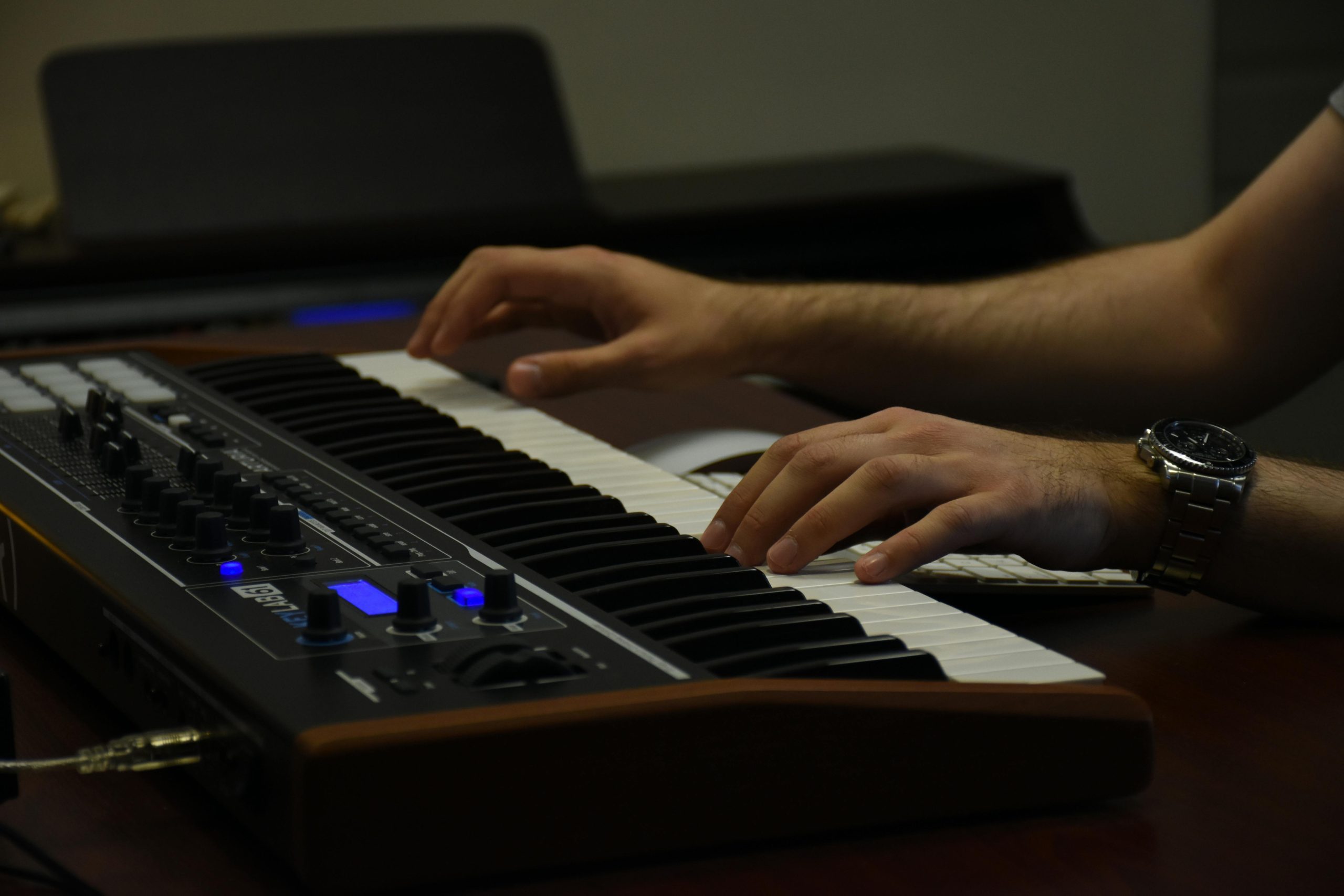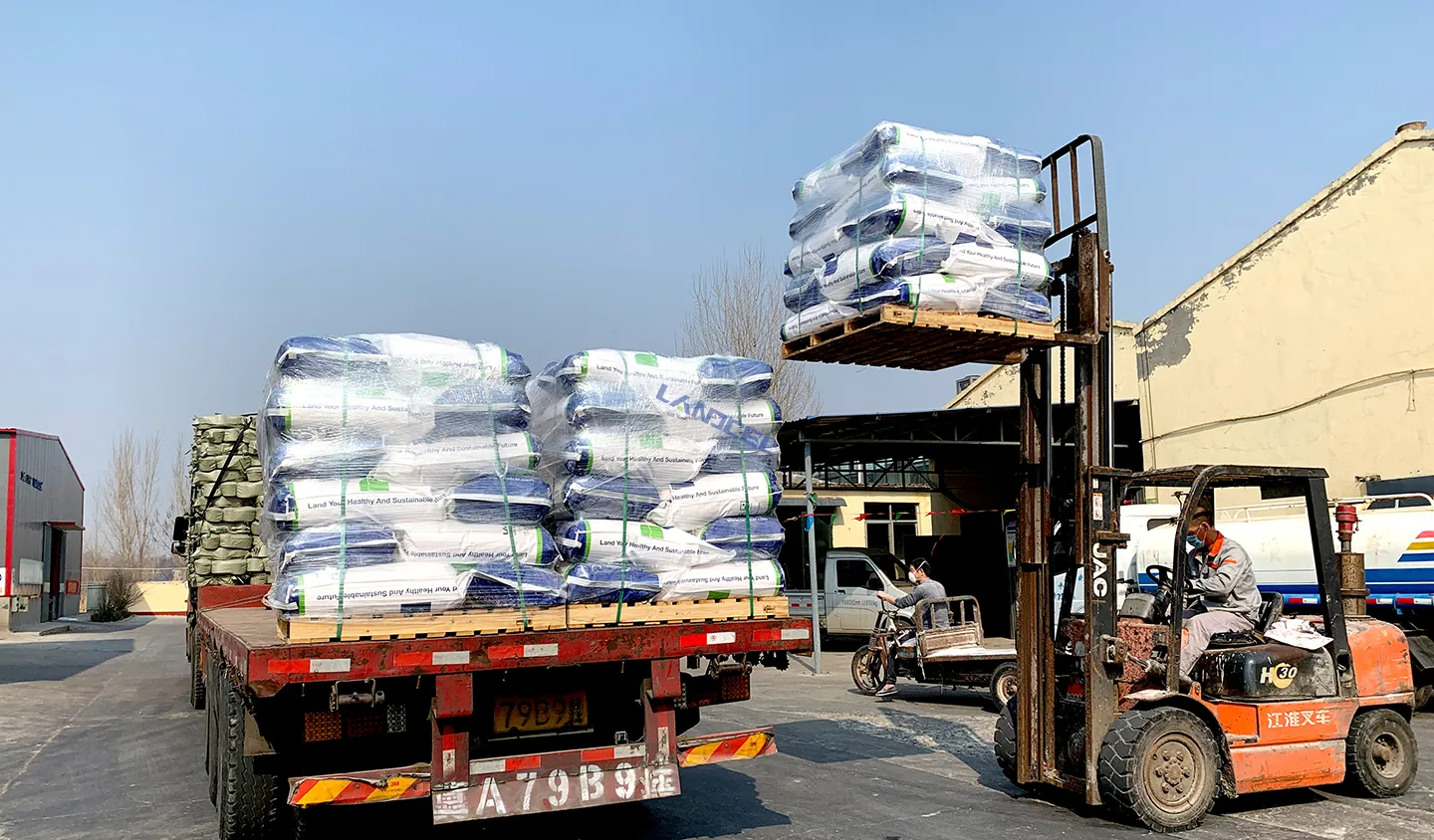In today’s evolving music industry, music pitching is the crucial bridge between talented artists and the audiences they hope to reach. Yet, for decades, the process has been tainted by one word: payola. This under-the-table practice, where artists or labels pay to have songs played or promoted, has long undermined the authenticity of the industry. At NotNoise, we believe there’s a cleaner, more ethical, and more effective way forward — music pitching that prioritizes merit, not money.
What Is Music Pitching?
At its core, music pitching refers to the process of submitting a song to industry gatekeepers — playlist curators, radio stations, music supervisors, influencers, or blogs — in hopes of gaining exposure. It’s how unknown songs find new ears, and how rising artists break through the noise. With streaming platforms and digital tools reshaping the industry, music pitching has never been more accessible or competitive. But with accessibility comes a darker side: oversaturation and the temptation to cut corners with money instead of music quality.
The Problem With Payola
Payola, in all its forms, warps the integrity of music pitching. Whether it’s a cash deal to land a Spotify playlist placement or undisclosed payments to radio DJs, payola replaces genuine talent with artificial promotion. This not only hurts artists who can’t afford to pay but also cheats listeners out of discovering real, resonant music. Music pitching should be based on quality, connection, and vision — not on backroom deals. That’s where NotNoise comes in.
NotNoise: Music Pitching with Purpose
At NotNoise, we’ve built a platform designed to elevate music pitching by removing financial bias from the equation. Our philosophy is simple: if your music is great, it deserves to be heard. We connect artists to curators, playlists, and industry pros who are actively looking for new music — all without asking for a dime for placement. We champion ethical music pitching by building trust-based relationships between creators and curators, powered by transparency and taste, not by transaction.
How Modern Music Pitching Works
The digital age has revolutionized music pitching. Instead of mailing demos or chasing label reps, artists now pitch their music through email campaigns, submission platforms, or social media outreach. However, the effectiveness of music pitching depends on strategy. Knowing who to pitch to, how to write a compelling message, and what makes a song stand out are all key components. Successful music pitching today is about authenticity, professionalism, and timing — not gimmicks or guarantees.
What Makes a Pitch Stand Out
Curators receive hundreds of submissions every week. To rise above the noise, your music pitching must be sharp, personal, and clear. Include your best track, a compelling backstory, and a clean press kit. Avoid generic mass emails and show that you’ve done your research. When music pitching feels like a genuine conversation instead of a copy-paste plea, you increase your odds of success — even without payola.
The Role of Data in Music Pitching
Analytics now play a huge role in music pitching. Platforms like Spotify for Artists, SoundCloud, and YouTube provide real-time stats that can be used to bolster a pitch. When artists include engagement metrics, growth trends, and audience demographics, they give curators confidence that a track has traction. But remember: data should support great music, not substitute for it. Smart music pitching is a blend of emotion and evidence.
Music Pitching Without the Middlemen
One of the key goals at NotNoise is to remove unnecessary middlemen from music pitching. Too often, third-party “services” charge artists to send emails they could send themselves — often with no results. We empower artists with the tools and know-how to take control of their own music pitching. This way, artists maintain creative and strategic ownership of their careers while still getting noticed.
Why the Future of Music Pitching Is Ethical
As more artists speak out against shady practices, the industry is slowly shifting toward transparency. Ethical music pitching is becoming a movement. With platforms like NotNoise, more artists are proving that success doesn’t have to be bought. It can be earned, shared, and celebrated. Music should move people — not be moved by bribes. That’s why we’re here to change the narrative.
Tips for Better Music Pitching
If you’re an artist looking to up your music pitching game, start with these tips:
- Research the right curators before pitching.
- Personalize every message.
- Lead with your strongest song.
- Include links, not attachments.
- Follow up professionally — but don’t spam.
By following these practices, your music pitching becomes a reflection of your artistry, not just your ambition.
Conclusion
In a music world often driven by money, real change comes when we put artistry first. Music pitching doesn’t need to be a rigged system ruled by payola. It can be transparent, ethical, and based on what truly matters — great music. At NotNoise, we’re building a better path forward, where talent is discovered on merit and passion, not on payouts. Join us in redefining music pitching for the next generation.



